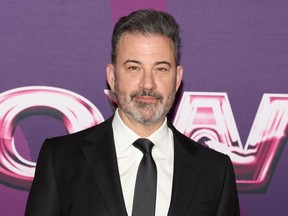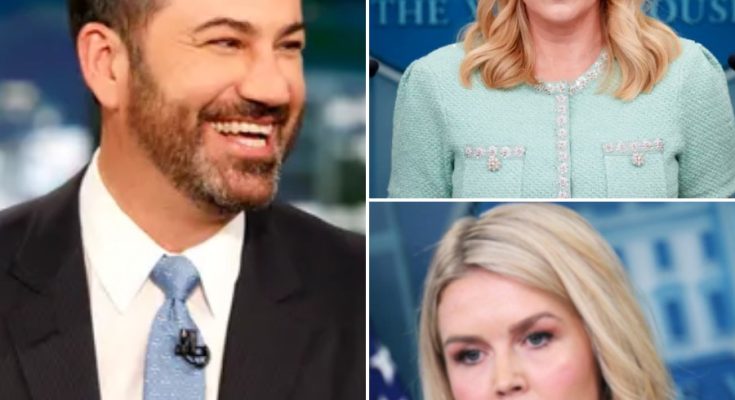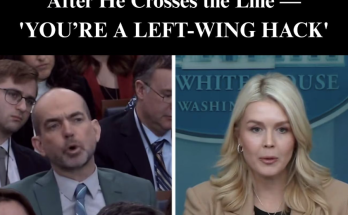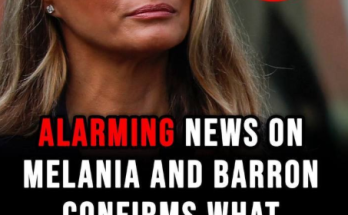The Pentagon’s Tight-Lipped Response: Trust vs. Transparency?
The White House press briefing room crackled with tension as a series of pointed questions aimed at the Pentagon’s handling of classified military operations quickly escalated into a partisan debate. The focus was ostensibly on the rationale behind classifying launch times for sensitive military operations, but the exchange revealed much more than the government’s justification for secrecy. As the answers grew vaguer and the questions became sharper, the conversation began to pivot from national security concerns to questions of political strategy, transparency, and accountability. At the heart of the discussion lay an important issue: was the classification of information truly for the safety and protection of American lives, or was it more about shielding the administration from political fallout?

“Various Reasons” and the Fog of War
The response from the Pentagon was dishearteningly vague: “Various reasons.” This was their justification for withholding critical information about military launch times. While “various reasons” could ostensibly cover a broad range of legitimate national security concerns, the lack of specificity raised immediate questions. What were these “various reasons”? If the need for secrecy was truly related to the protection of American lives or national security, why couldn’t the administration offer a more detailed explanation without compromising operational security?
The ambiguity of this response immediately bred suspicion. The more the administration failed to provide concrete justifications, the more it appeared that national security might be getting a convenient excuse for an issue that was far more rooted in political optics. It raised the uncomfortable question: were these decisions genuinely made in the interests of protecting Americans, or was there a hidden agenda, designed to avoid political embarrassment or mitigate criticism from past military missteps?
The absence of a clear answer is itself a serious concern. When national security measures are cited as the reason for a lack of transparency, citizens are expected to trust that these measures are genuinely in their best interest. However, when that rationale is vague and unconvincing, the public is left to question whether secrecy is serving legitimate needs or simply covering up mistakes.


